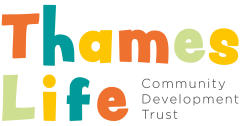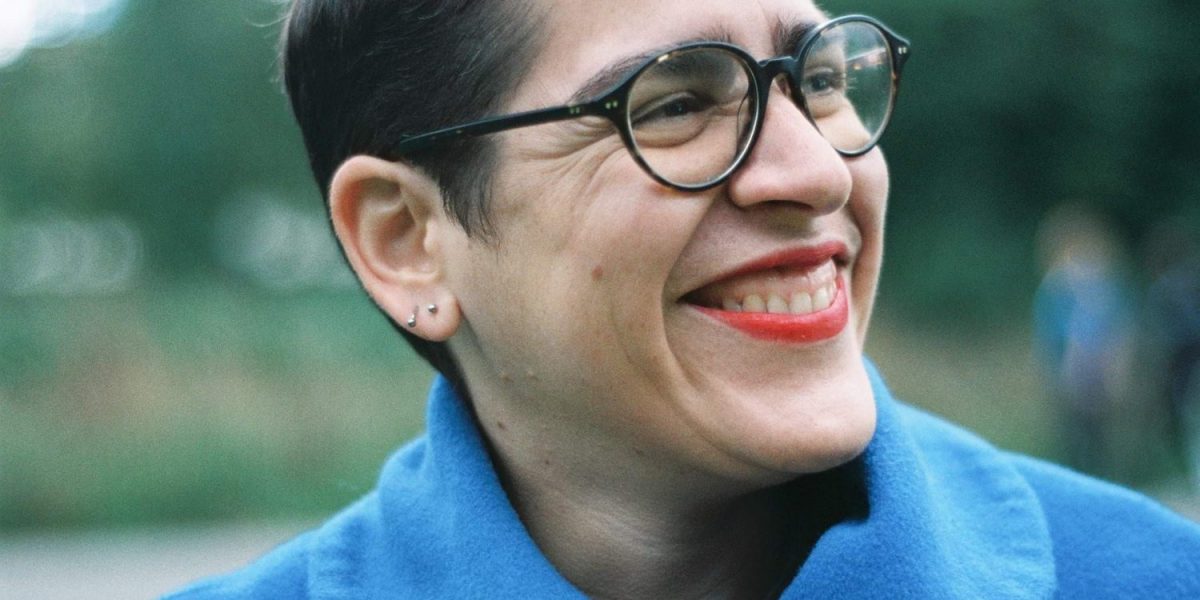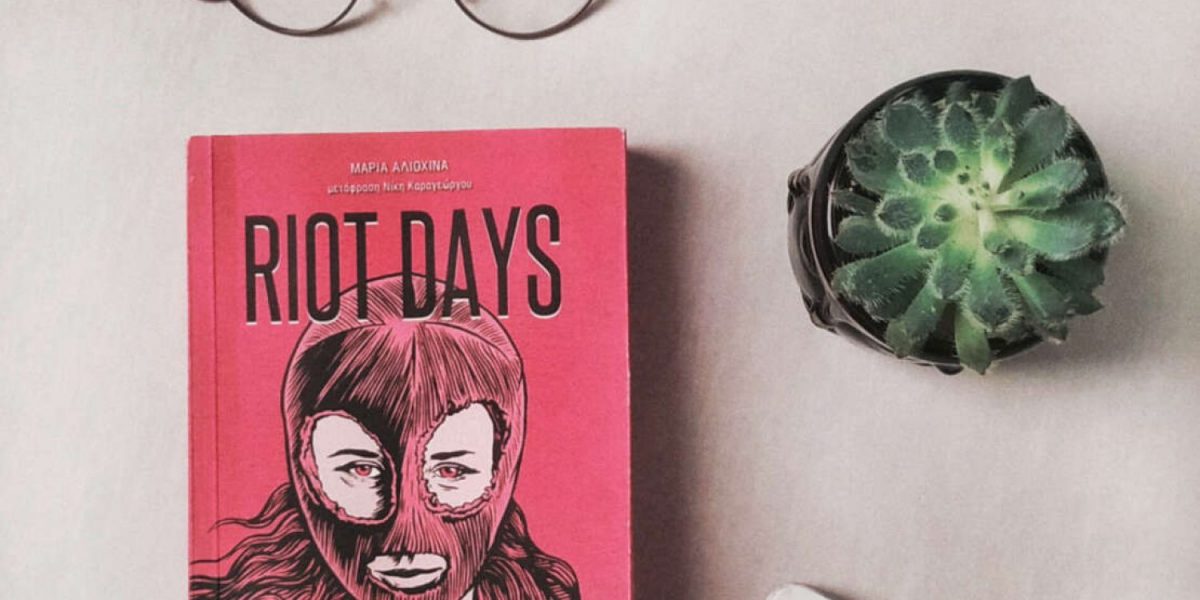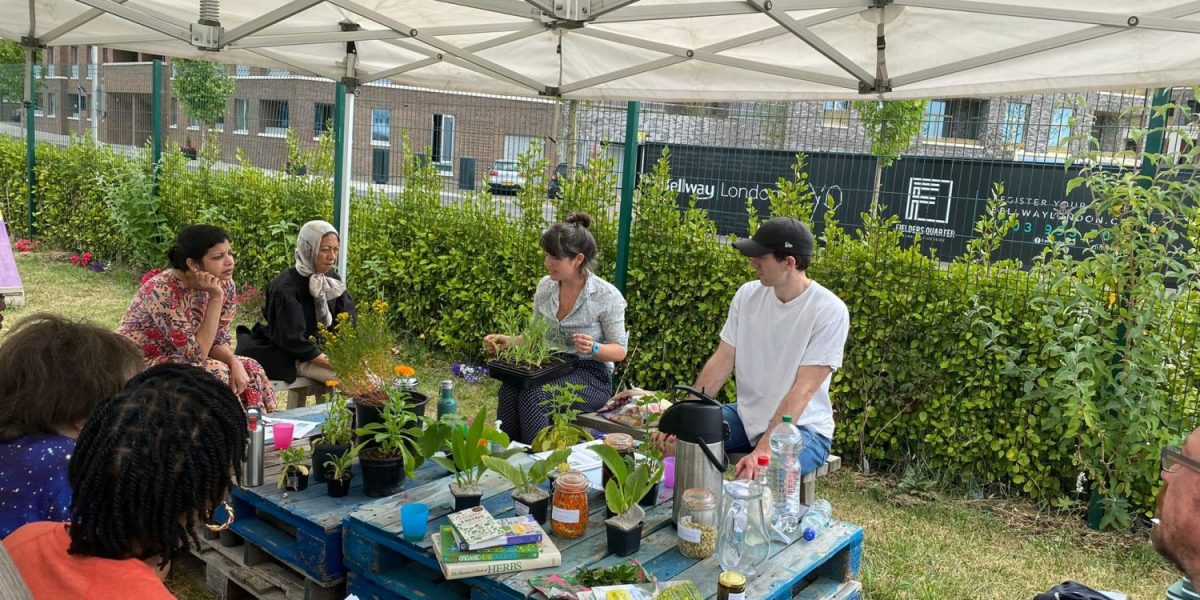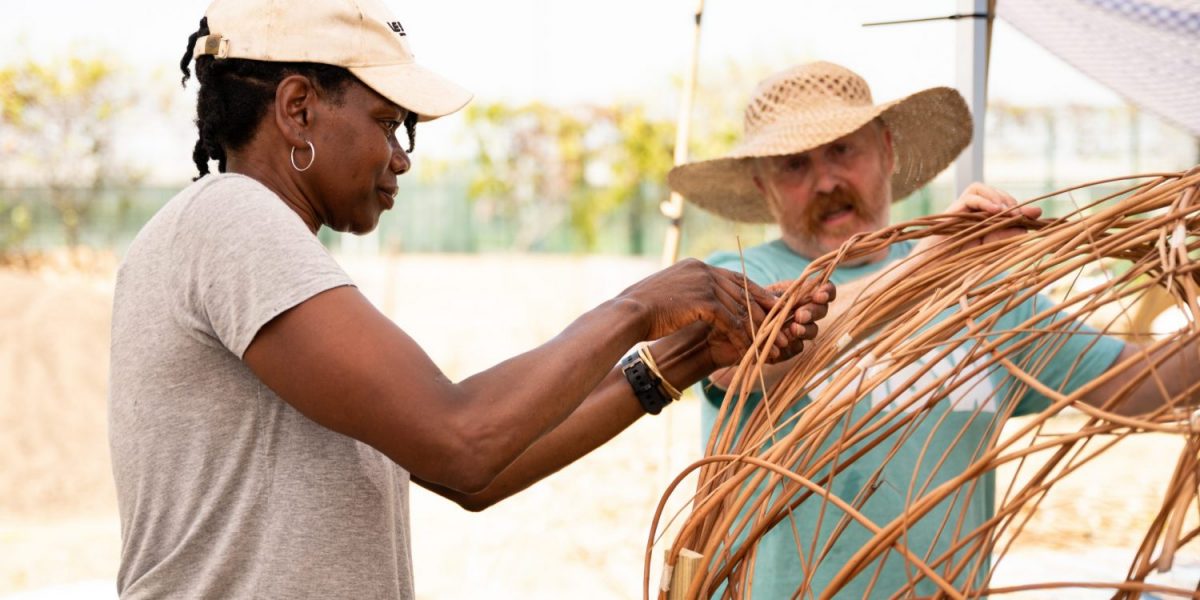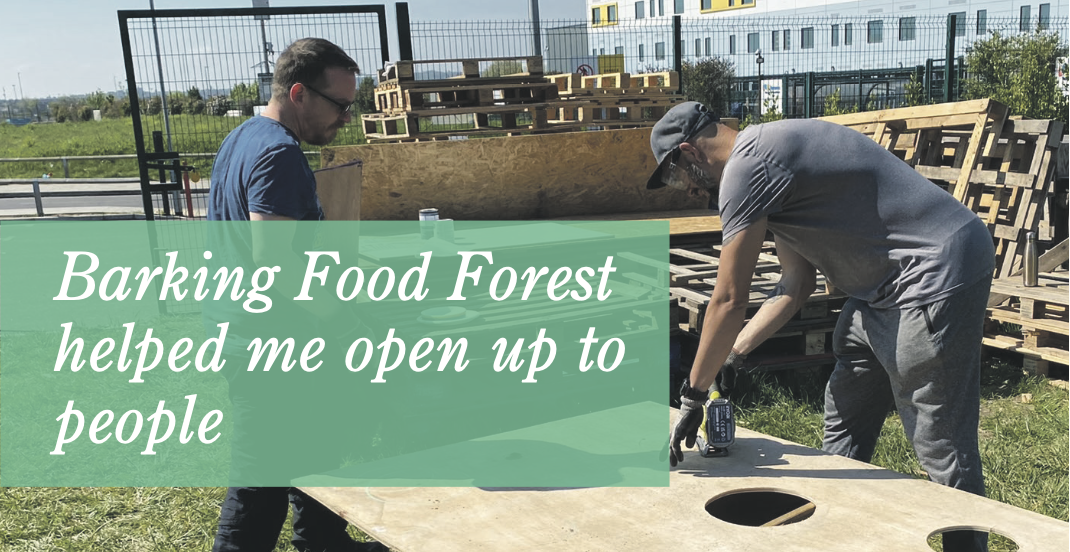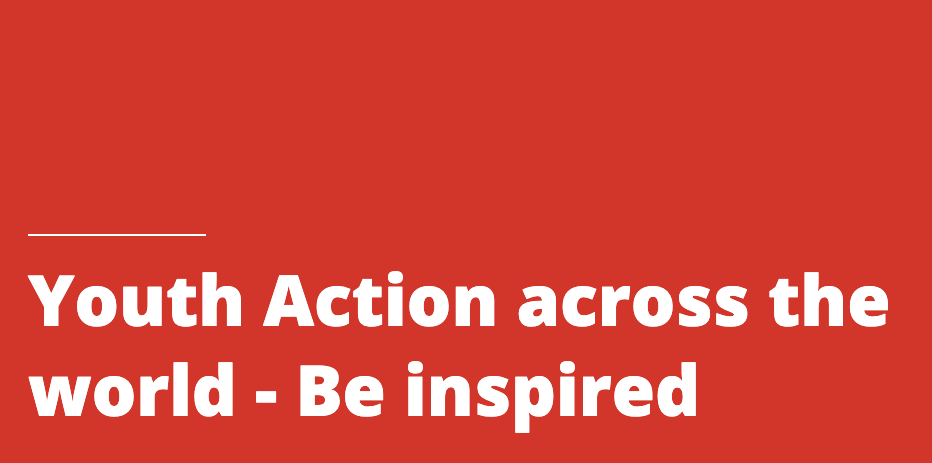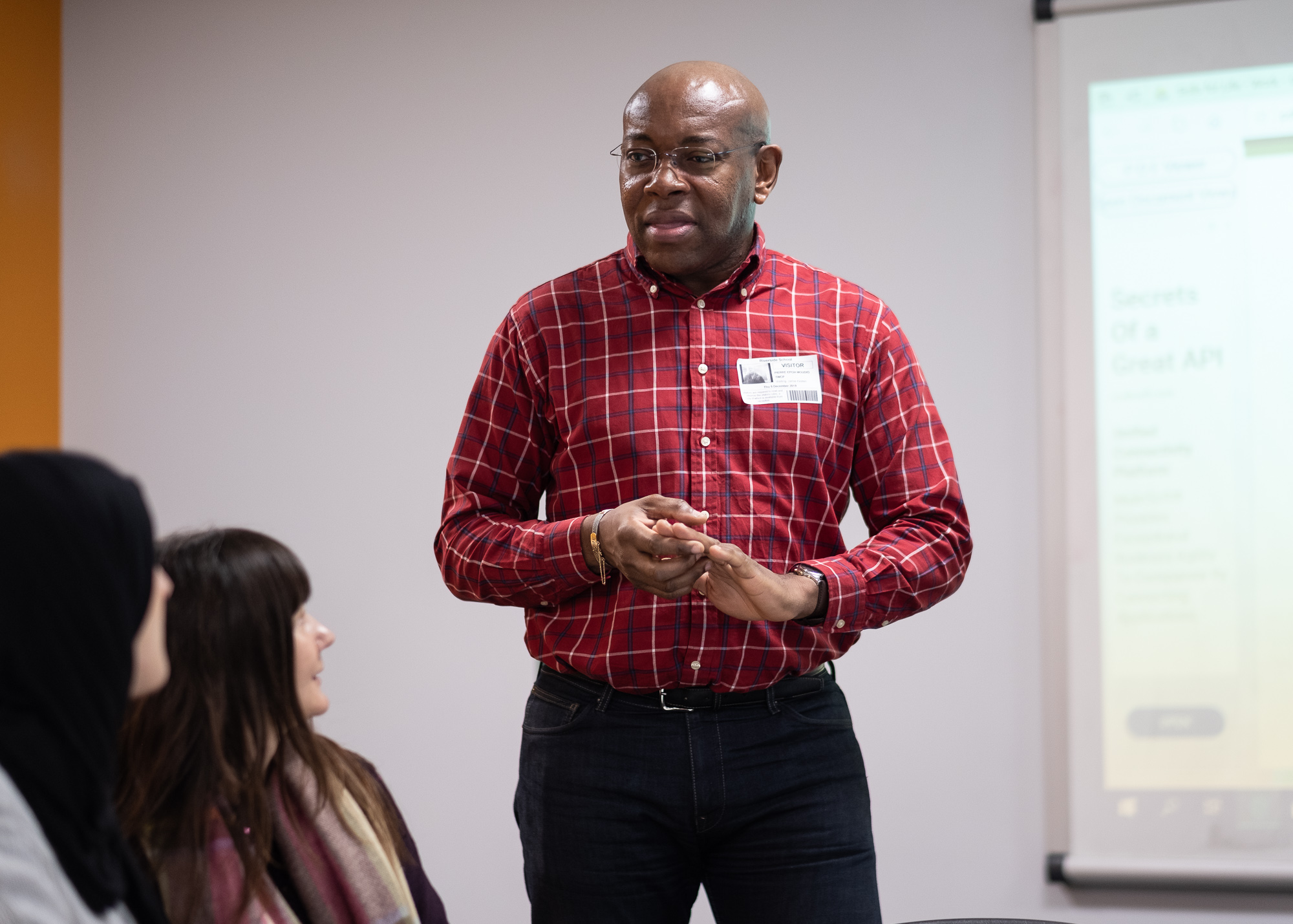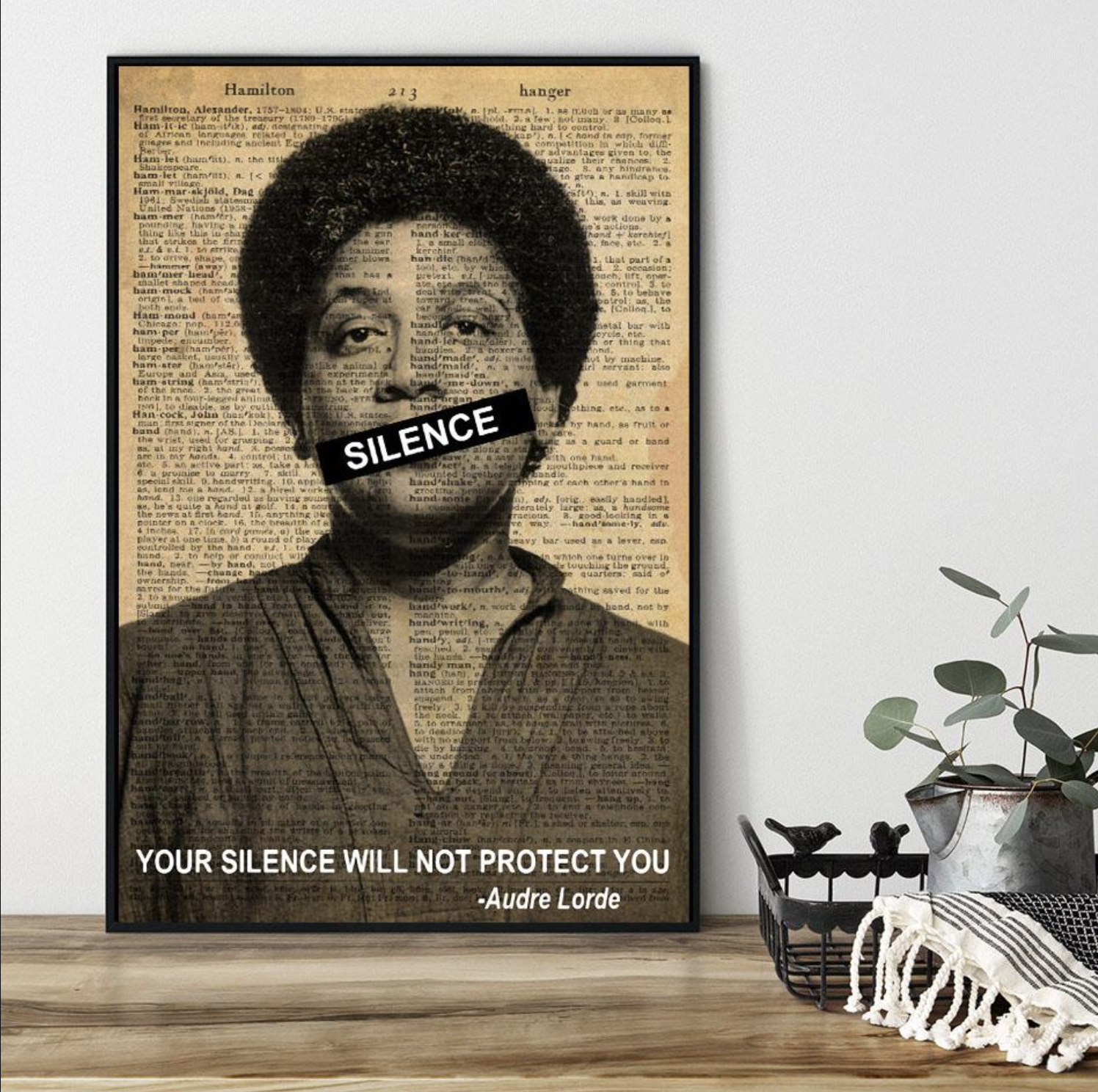Maria Alyokhina wrote the book ‘Riot Days’ (Penguin: 2017) about her experience of activism and imprisonment. Every page a testament to living one’s truth in the face of real and actual oppression. In her case, a feminist in modern day Russia as part of the punk band ‘Pussy Riot’. For those that don’t remember their protest in February 21, 2012, directed at the Orthodox Church leaders support for Putin during his election campaign, first of all where were you and second, never doubt the importance and impact of creative dissent.
Unlike much of the art we see in London, in galleries or regeneration makeovers where something communal or edgy ends up co-opted and corporatized, this is real. Something the powers that be couldn’t pretend they were down with.
I mention it because I think so much of the way charities, the public sector and wider private agencies operate locally can feel like a mutual conspiracy to suck the life out of things. Deadly boring and deeply ineffective. On top of that, repressive – shunning different ideas and perspectives. Under the Best Value regime for commissioning and procurement government spoke of the guiding principles are being the three E’s – equity, economy, efficiency. This could now be updated as the three C’s – control, contract, con-trick. That is sometimes how it feels, repeatedly – control, contracts, conning people. Three card monte.
I am of course being deeply unfair if I leave it there. To quote a former council leader ‘we are all good people stuck in a bad system’ (Barry Quirk – Esprit de corps: leadership for progressive change in local government). He goes on to say:
“Councils are public institutions and as such have a legal and constitutional status, but they are socially constructed. It’s the people in them that make them work or fail. It’s no good blaming the construct when the essence of organization is something that we have built ourselves… if local government is ineffective it’s our own feckless fatalism… that are at fault. If things are not going well, there is no one to blame but ourselves. We socially construct the system that we then claim traps us from being effective. So how can good people escape the trap? First, by being open and honest about the failings and deficiencies”
Taking my lead from this council leader, I also want to be open and escape the trap. My sense is that all is not right, which is why I do community work. I don’t assume equal partnership is a given and I rarely experience it, either for myself but most importantly for community groups and residents. They are not treated as equals. They do not get the justice and respect they deserve. The heating and water supplies often don’t work, the parking fines mount up, the rat problem isn’t tackled, the GP waiting times get longer, the cost of housing goes up and up. Land value rules everything around us – a license to print money. Since 2010 councils have on average at least 50% less money due to cuts. Think about what that means in terms of who does and doesn’t have power and remember ‘if you want change you need power’: land values go up – those who control land that can be developed control everything and stand to profit by it. The rest of us are trapped. So trapped it becomes routine. Which leads me to one of my favourite quotes from an Italian author Italo Calvino:
“The inferno of the living is not something that will be; if there is one, it is what is already here, the inferno where we live every day, that we form by being together. There are two ways to escape suffering it. The first is easy for many: accept the inferno and become such a part of it that you can no longer see it. The second is risky and demands constant vigilance and apprehension: seek and learn to recognize who and what, in the midst of inferno, are not inferno, then make them endure, give them space.”
Italo Calvino, Invisible Cities
Our new vision is about ‘residents driving change’. Our mission ‘to create positive spaces and opportunities for resident empowerment and wellbeing’. Quirk warns of feckless fatalism, Calvino speaks of escape, exhorting those who would not be feckless and fatalistic to be vigilant and give such people ‘space’. Hence our mission – positive spaces. We want spaces – not just buildings and community centers that don’t cost the earth due to spurious notions of financial viability but also the head space and the oxygen in the room to speak up and not be closed down, shouted down, but space to be, to endure, to act in alignment with our own beliefs and agendas rather than incorporation into someone else’s ambitions.
Yes I got all of this from reading a book about a Russian feminist. I do tend to read a lot of books though. It is how I decompress and feel enchantment with the world that is all too often dreary.
Maria Alyokhina writes:
‘You have a routine; you have a schedule for life and living. Do you also have a set schedule for thinking? Why don’t you tell them no? Why can’t you even think about telling them no? Why does this thought seem pointless to you? When did it become pointless for you?’ – p.75 / isolation
Later on she quotes someone else:
‘If you dream alone, the dream remains only a dream; but if you dream with others, you create reality.’ – Subcomandante Marcos
Long may we dream and act together.
Matthew Scott
TWCP Director
